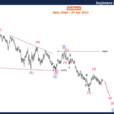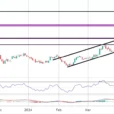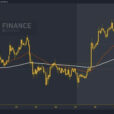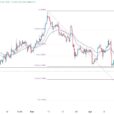
Apple’s (NASDAQ:AAPL) self-driving car initiative, codenamed Project Titan, has for a long time remained shrouded in mystery. Although Apple is known to be very secretive about ongoing projects and only lets the investing world catch a glimpse of behind-the-scene happenings when it’s ready to launch, the company is expected to give the project a mention during its upcoming September 9 event, meaning Project Titan is much closer to becoming a reality than earlier thought. This should be interesting for Apple investors because the potential of the project to drive Apple stock is huge, perhaps more so than Apple Watch.
Project Titan: A Looming reality
There are quite a number of indications that Project Titan could be much closer to becoming reality than earlier thought. Senior Apple executives recently toured BMW’s Leipzig factory to learn how the world’s largest premium car maker manufactures its i3 electric car. BMW has in the past been cautious about sharing its electric car manufacturing know-how with Apple, but has lately opened up to licensing parts of its portfolio.
Apple has repeatedly poached senior engineering talent from disparate automakers including Tesla (NASDAQ:TSLA) as it seeks to build out its own car team. Apple appears to be taking advantage of the move made by Tesla last year when it made its electric car patents open-source.
But the biggest indication that Project Titan could soon become reality is a report by The Guardian that Apple executives recently met with GoMomentum engineers as it seeks to use the 2,100-acre secure testing facility commonly used by automakers to test their self-driving cars.













Leave A Comment